Death sentences of 8 ex-Indian Navy personnel commuted by Qatar’s Court of Appeal

According to the latest news, the family members of these former officials and the Indian Ambassador were also present in the court when the decision was announced.
Diversity offices on college campuses will soon be illegal in Texas, as 30 new laws go into effect

Other new laws make changes to the tax code, criminal justice and health care systems.
Here are the top stories from our data visuals team in 2023
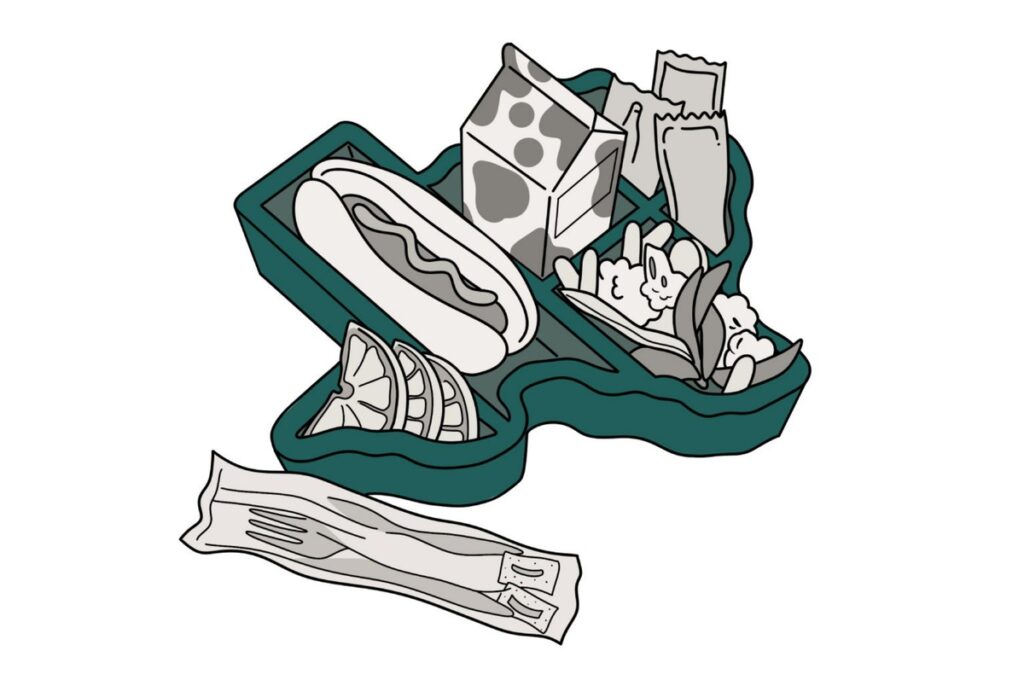
The Texas Tribune’s data visuals team helped contextualize many of the state’s major stories this year. Here’s a look at some of our most memorable work.
Keeping the hope for health alive
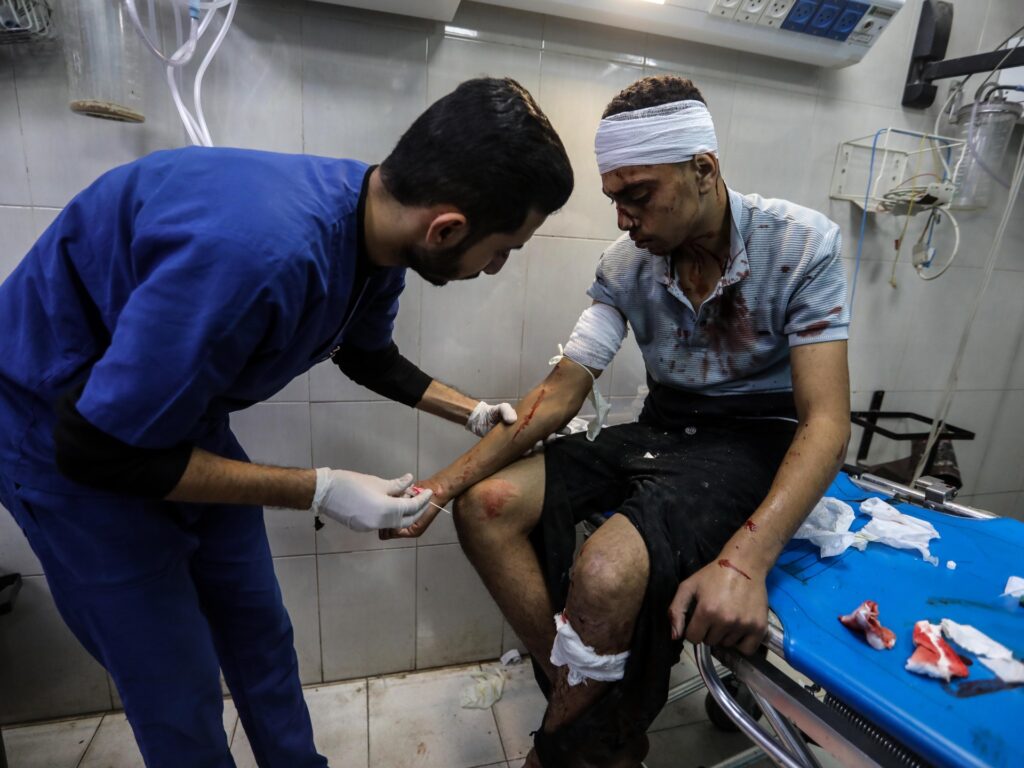
2023 was a year of milestones and challenges in global public health. In May, I declared an end to COVID-19 as a public health emergency of international concern. This marked a turning point for the world following three years of crisis, pain and loss for people everywhere. I am glad to see that life has returned to normal. WHO also announced the Mpox outbreak no longer represented a global health emergency. And we approved new vaccines for malaria, dengue and meningitis, diseases that threaten millions around the world, mainly the most vulnerable. Azerbaijan, Tajikistan and Belize were declared malaria-free, and a range of neglected tropical diseases were eliminated in multiple countries, including sleeping sickness in Ghana, trachoma in Benin, Mali and Iraq, and lymphatic filariasis in Bangladesh and Laos. The path to eradicating another vaccine-preventable disease – polio – has reached its last mile. Thirty more countries introduced the HPV vaccine as the world advances towards eliminating cervical cancer. The need to address the health impacts of the climate crisis were elevated to the highest political levels, with governments, scientists and advocates putting health, for the first time, prominently on the COP28 agenda, and issuing a global declaration on climate and health. Heads of state at the United Nations General Assembly committed to advancing universal health coverage, ending tuberculosis and protecting the world from future pandemics. Each of these achievements, and many more, demonstrated the power of science, solutions and solidarity to protect and promote health. But 2023 has also been a year of immense and avoidable suffering and threats to health. The barbaric attacks by Hamas on Israel on October 7 left around 1,200 people dead and more than 200 taken hostage. Reports of gender-based violence and mistreatment of hostages are deplorable. This was followed by the unleashing of a devastating attack on Gaza, which has killed more than 21,000 people – mainly women and children – and injured over 55,000. At the same time, hospitals and health workers have been repeatedly attacked, while relief efforts are not coming close to meeting the needs of people. As of December 22, only nine of 36 health facilities in Gaza were partially functional, with only four offering the most basic of services in the north. For this reason, we call again for an immediate ceasefire. War and armed hostilities, sadly, have plagued too many other locations around the world, including Sudan, Ukraine, Ethiopia and Myanmar, to name but a few. I saw first-hand the suffering of war-weary people in northwest Syria who, like communities I also visited in neighbouring Türkiye, were devastated by the terrible earthquake in February. Without peace, there is no health, and without health, there can be no peace. Insecurity, poverty and lack of access to clean water and hygiene fanned the spread of infectious diseases in many countries. The resurgence of cholera is especially concerning, with a record number of 40-plus outbreaks around the world. And in terms of emergency preparedness and response, gaps remain in the world’s readiness to prevent the next pandemic. But 2024 offers a unique opportunity to address these gaps. Governments are negotiating the first-ever global agreement to protect communities, countries and the world from the threat posed by pandemics. The Pandemic Accord is being designed to bridge the gaps in global collaboration, cooperation and equity. The accord, and plans to strengthen the International Health Regulations, represent monumental actions by governments to create a safer and healthier world. And as WHO closes out our 75th year as the “world’s” health organisation, I extend by my sincere gratitude to health workers, partners and WHO colleagues, on our shared journey to achieve Health for All. Lastly, during this holiday season, I am sure that everyone will join me in hoping that the New Year will bring peace, health and prosperity for all people around the world. The views expressed in this article are the author’s own and do not necessarily reflect Al Jazeera’s editorial stance. Adblock test (Why?)
‘Nothing for me in Cameroon’: Waiting in Tunisia, one eye on Europe
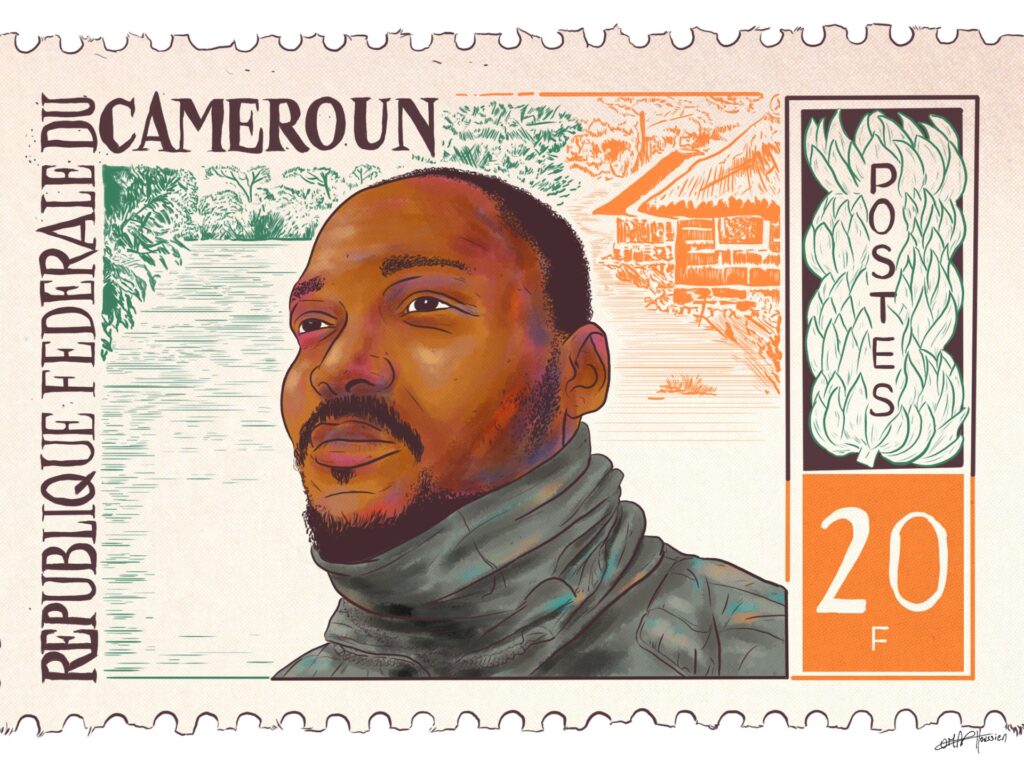
Having lost everything and everyone precious to him, Joseph tries to hold things together, waiting to leave Africa. Joseph Afumbom is a big man who has faced unimaginable tragedy. The conflict in Cameroon between Anglophone separatists and the government killed the 27-year-old’s mother, father and siblings. It also took his home in Bamenda in the country’s northwest. “I was there when the war started. The war took everyone,” he said, “It was three years ago. My brothers and sisters are all gone.” With his home and family destroyed and no jobs available, Joseph felt he had no option but to gather his fiancee, Esther, and their three-year-old daughter and travel the 5,000km (more than 3,000 miles) overland to the Mediterranean coast. They arrived in Algeria, where they considered crossing into Tunisia and from there to Europe. However, both Joseph’s fiancee and daughter died in El Menia. “They are all gone because of the cold,” he says. “That was last month.” “I’m just trying to act normal, you know,” he tells Al Jazeera. “See, I’m smoking. I’m whiling away my thinking, trying to act like a normal person, but I’m not.” He paused, allowing his thoughts to drift back. “We had been together for years. My daughter was three. I called her ‘Little Joy’.” Eventually, Joseph crossed into Tunisia, making his way to the coastal city of Sfax before travelling by shared taxis to the capital, Tunis. He didn’t eat for two days. “There is nothing left for me in Cameroon,” he says. “I will continue to Europe if I have the opportunity.” This article is the third of a five-part series of portraits of refugees from different countries, with diverse backgrounds, bound by shared fears and hopes as they enter 2024. Read the first and second parts here. Adblock test (Why?)
Dozens killed as gas tanker explodes in Liberia
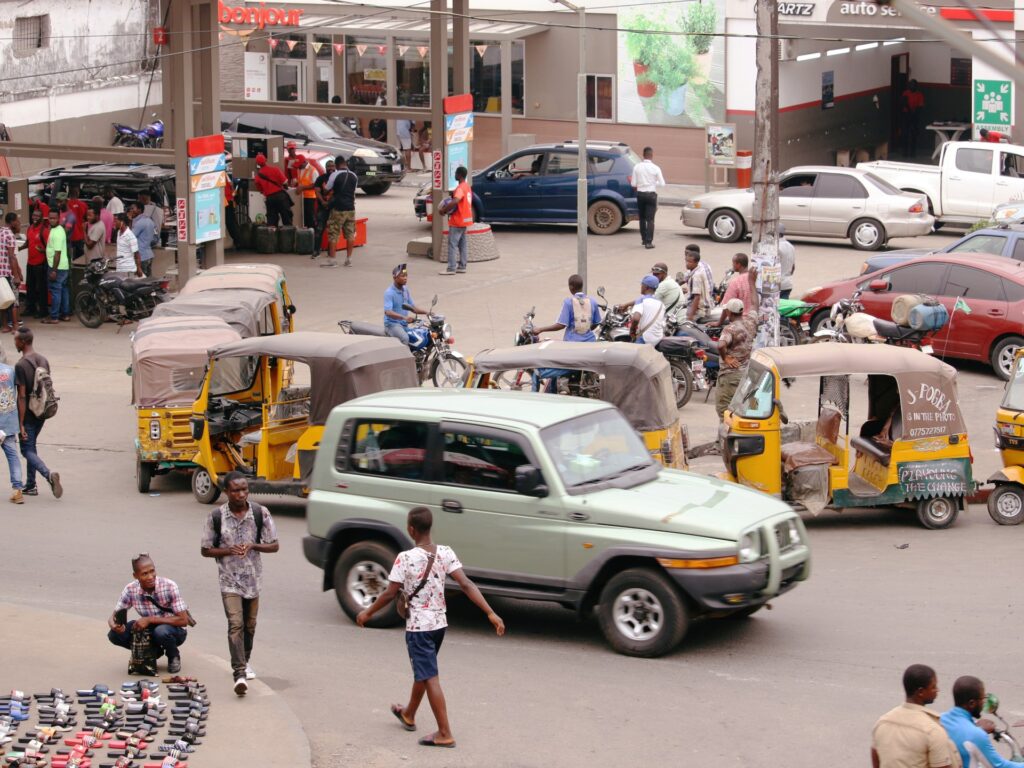
Some locals flocked to the scene and took the leaking gas from the tanker when it exploded. At least 40 people have died after a gas tanker exploded in northcentral Liberia, the country’s Chief Medical Officer Francis Kateh said on Wednesday. Late Tuesday, a fuel truck crashed in Totota, Lower Bong Country, about 130km (80 miles) from the capital, Monrovia – after exploding, the blast killed and injured many who had flocked to the scene. Kateh told local news on Wednesday that it was difficult to determine the number of victims because some had been reduced to ashes, but he estimates that 40 people were killed in the incident. “We have our team going from home to home to check those that are missing,” he told the French news agency AFP. Police had earlier put the death toll at 15 and said that at least 30 others were injured as locals gathered at the scene. “There were lots of people that got burned,” said Prince B Mulbah, deputy inspector-general for the Liberia National Police. According to United Nations figures, poor road safety and weak infrastructure have made sub-Saharan Africa the world’s deadliest region for crashes, with the fatality rate three times higher than the European average. After Tuesday’s crash, some locals took the leaking gas when the tanker exploded, another police officer, Malvin Sackor, said. He added that police were still gathering the total number of injured and killed. An eyewitness from Totota, Aaron Massaquoi, told AFP that “people climbed all on top of the truck taking the gas, while some of them had irons hitting the tanker for it to burst for them to get gas. “People were all around the truck and the driver of the truck told them that the gas that was spilling they could take that … but some people were even using screwdrivers to pit holes on the tank”. Adblock test (Why?)
Modi govt earned money equal to budget of two Chandrayaan-3 missions by selling scrap, the amount is…

The government has made around Rs 1,163 crore from the sale of scrap, including an incredible Rs 557 crore from a one-month campaign in October of this year.
Lord Ram to receive offerings from maternal grandparents and in-laws during temple opening ceremony
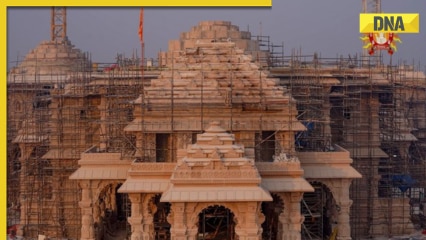
Lord Ram is set to get special offerings from the places of his maternal grandparents and his in-laws in Chhattisgarh and Nepal
Nitish Kumar breaks silence on reports of major organisational change in JD(U)
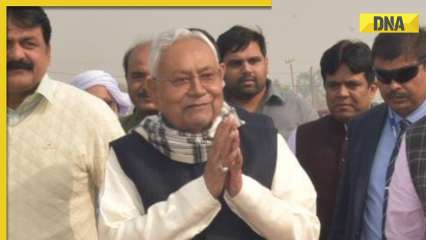
The rumours have primarily been about the impending resignation of JD(U) national president Rajiv Ranjan Singh ‘Lalan’, for alleged proximity towards ally RJD at the expense of loyalty to his own party.
Priyanka Gandhi named in ED chargesheet in 2005-06 land transactions case

Though Robert Vadra and Priyanka Gandhi, a Congress general secretary, have not been named as accused in the charge sheet, this is the first time that they have been named together in the complaint.

